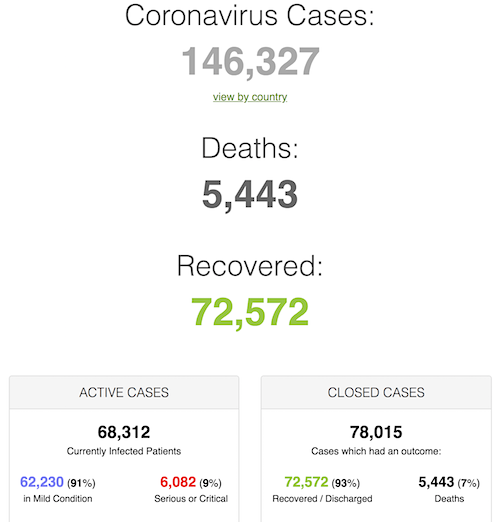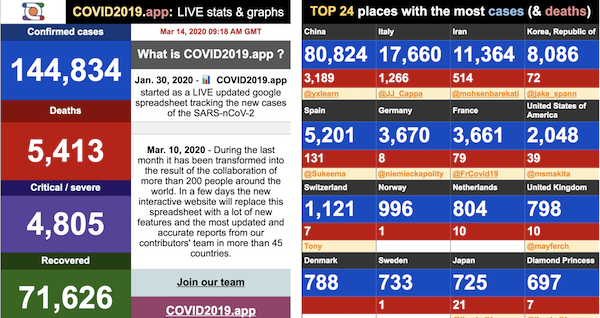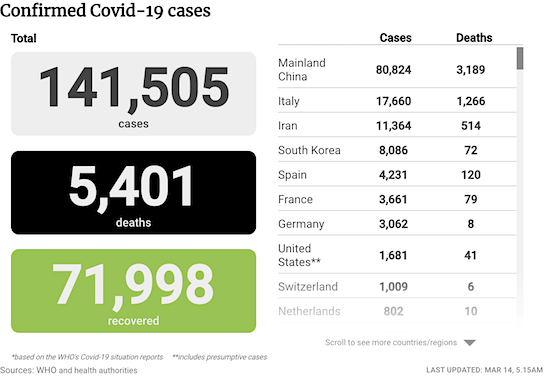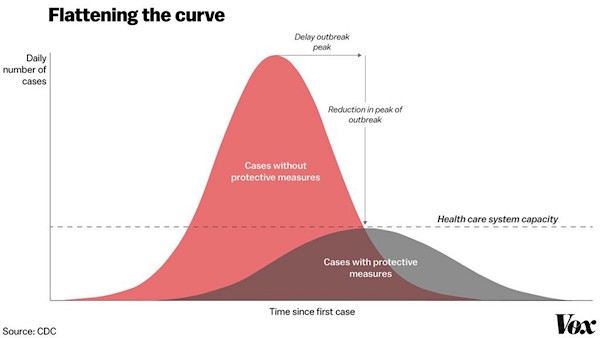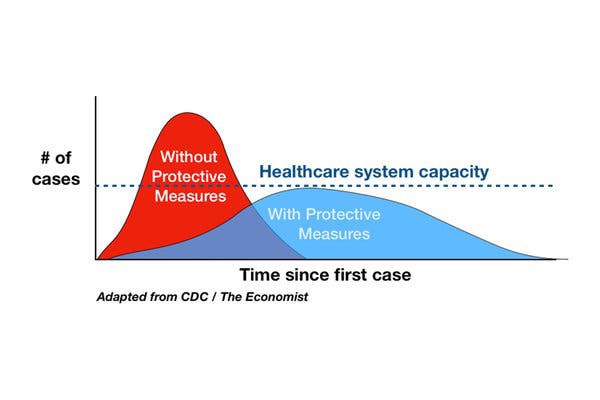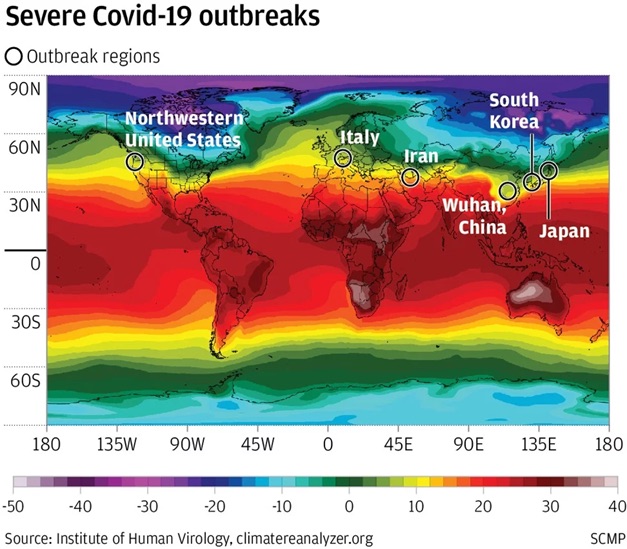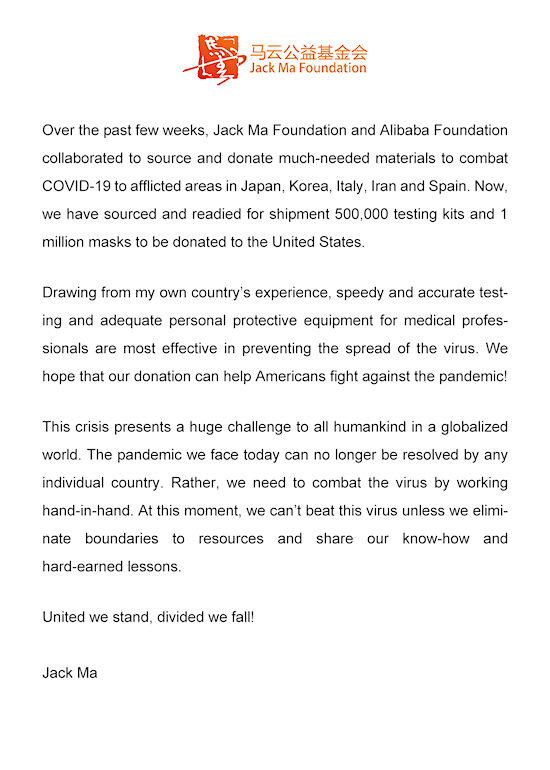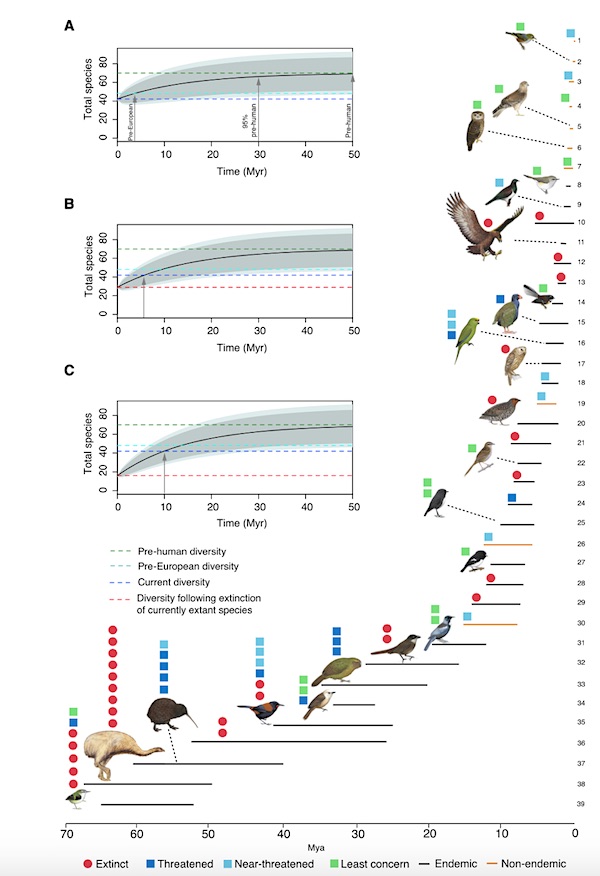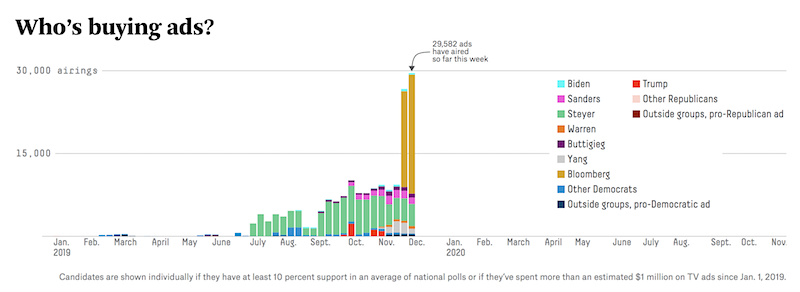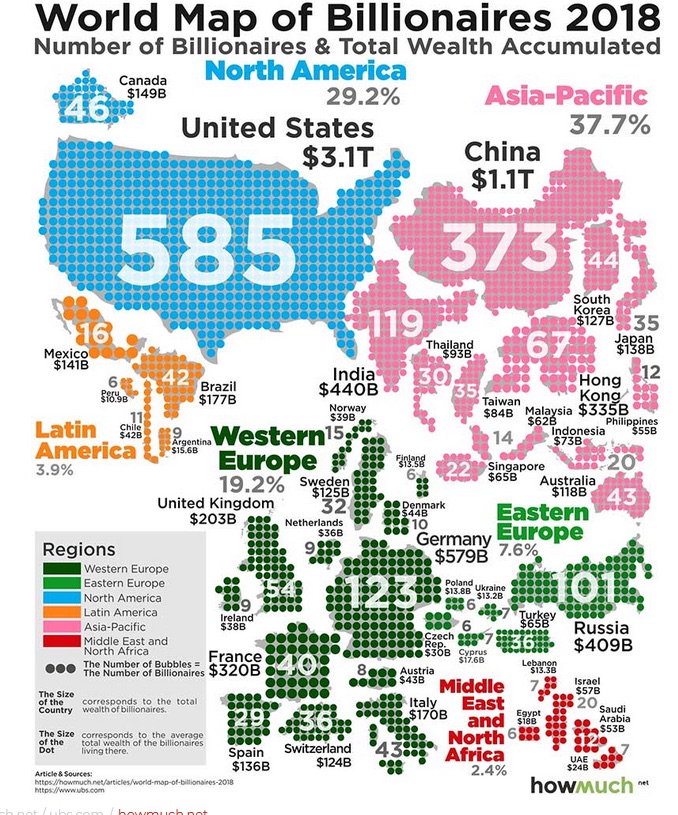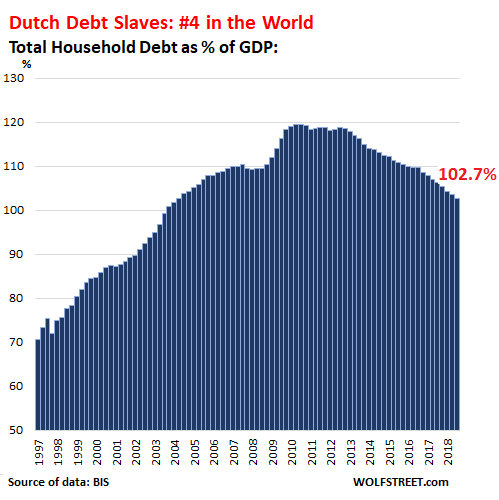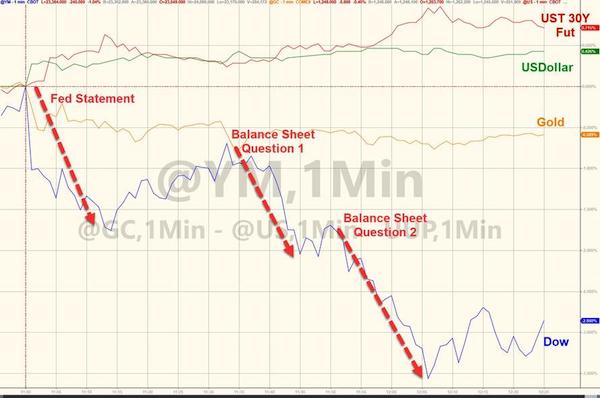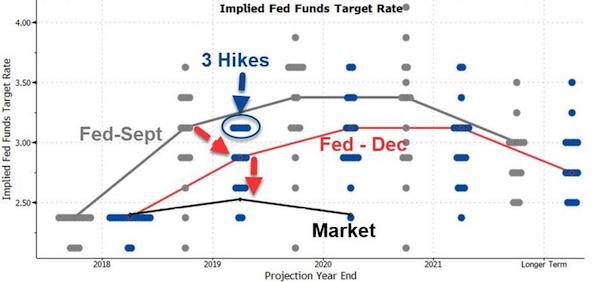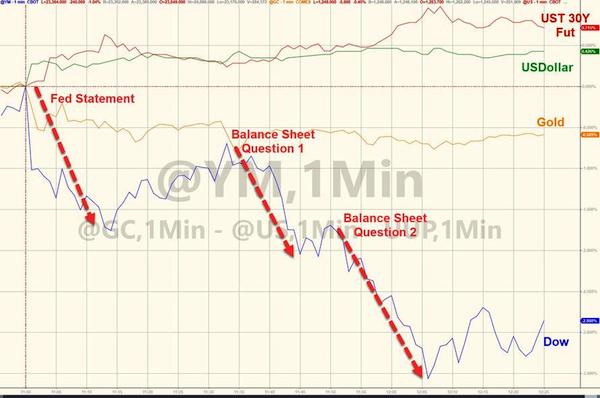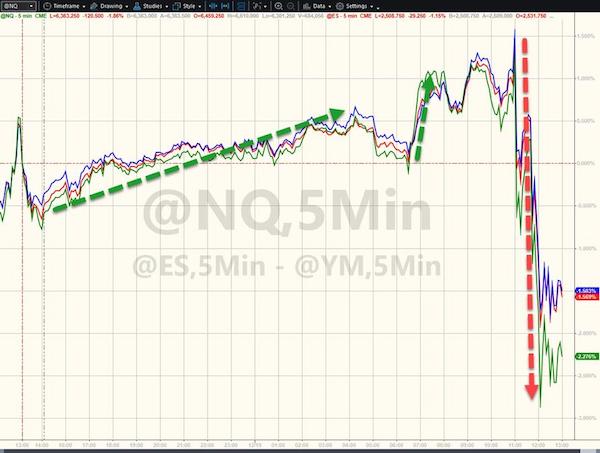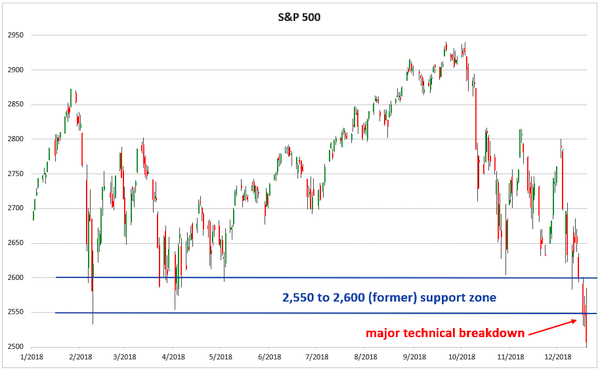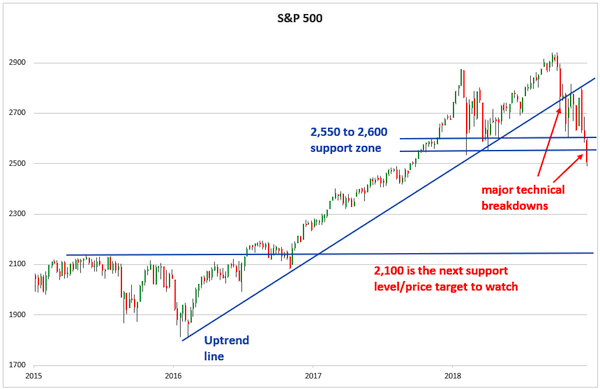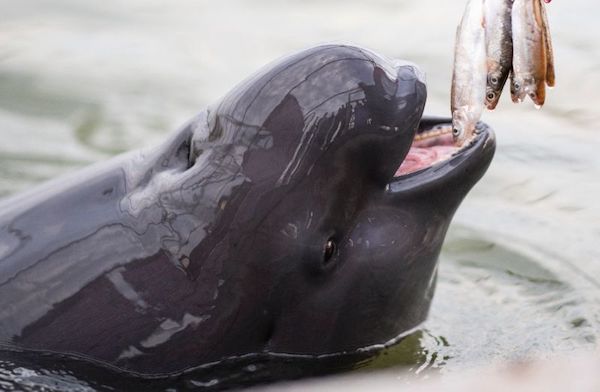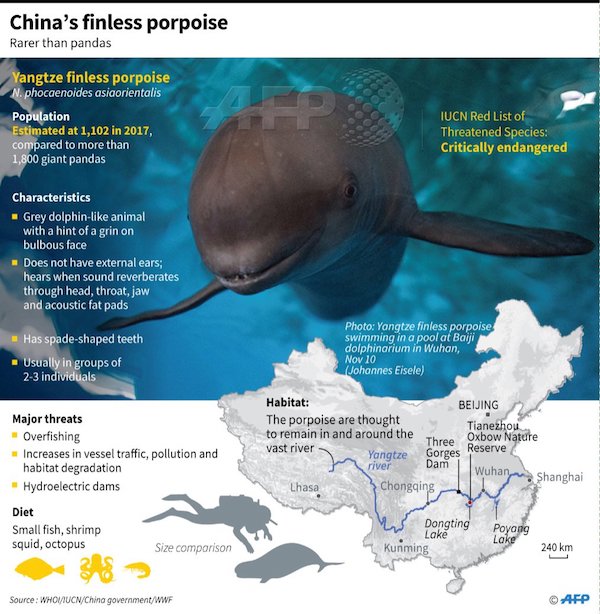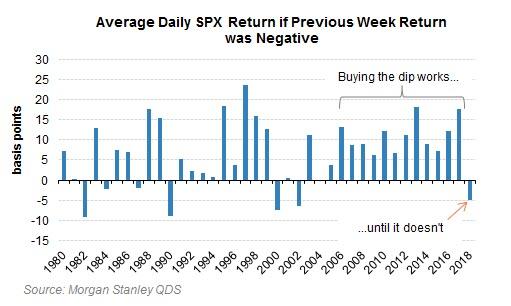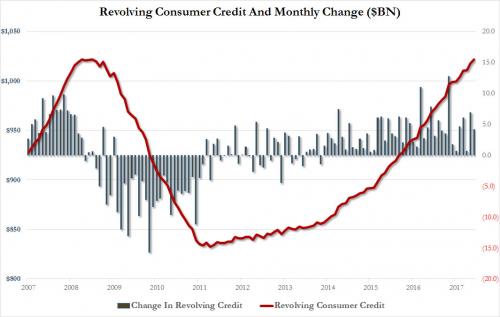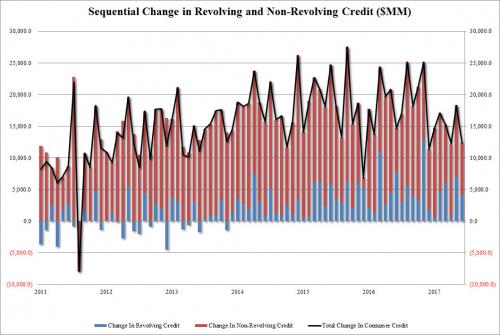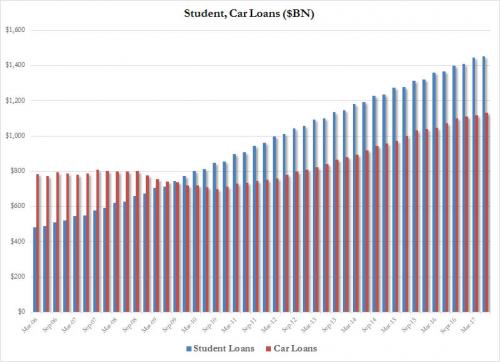
John French Sloan Backyards, Greenwich Village 1926

• US in past 24 hours: 26,337 new cases, 1,680 new deaths. Total deaths 88,507.
• Russia dives below 10K new cases for the 2nd time in 14 days with 9,200. China reports 8.

• Sweden on May 15 had 625 new cases and 117 new deaths. Total 29,207 cases, 3,646 deaths.
• Denmark had zero new deaths and a total of 537.
• Deaths per million: Australia 3.92. Sweden: 346.5
• Finns and Danes are apprehensive about opening the border to Sweden because of Swedish coronavirus protocols
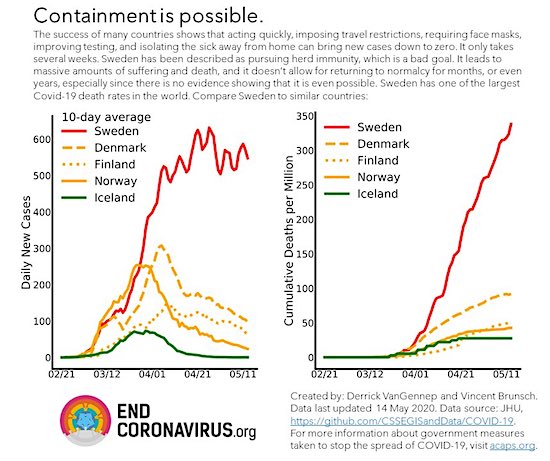

Note: total daily new cases are rising towards 100,000, while deaths are getting lower
• Cases 4,645,386 (+ 99,316 from yesterday’s 4,546,070)
• Deaths 308,980 (+ 5,117 from yesterday’s 303,863)

From Worldometer yesterday evening -before their day’s close-

From Worldometer
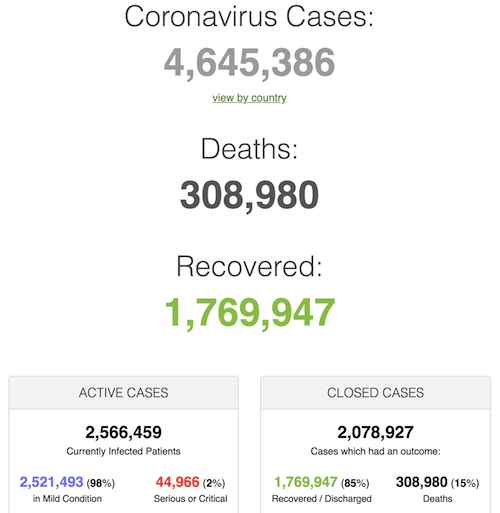
From SCMP:

From COVID19Info.live:
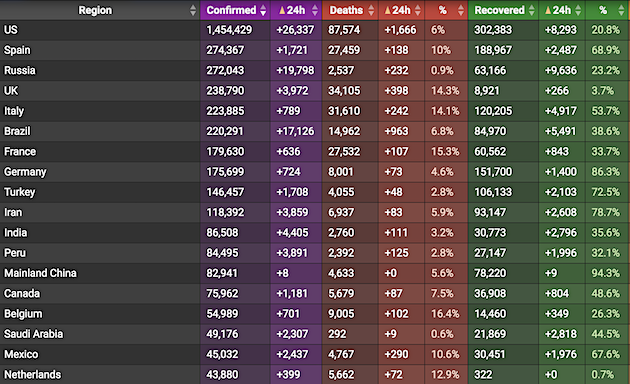

You would think you’d want to preserve those at all cost, lest you lose a view of the virus’s history.
• China Unauthorised Labs Were Told To Destroy Early Coronavirus Samples (SCMP)
China on Friday confirmed it had ordered unauthorised laboratories to destroy samples of the new coronavirus in the early stage of the outbreak, but said it was done for biosafety reasons. US Secretary of State Mike Pompeo has repeatedly said that Beijing declined to provide virus samples taken from patients when the contagion began in China late last year, and that Chinese authorities had destroyed early samples. Liu Dengfeng, an official with the National Health Commission’s science and education department, said this was done at unauthorised labs to “prevent the risk to laboratory biological safety and prevent secondary disasters caused by unidentified pathogens”. “The remarks made by some US officials were taken out of context and intended to confuse,” he said at a briefing in Beijing.
When the pneumonia-like illness was first reported in Wuhan, “national-level professional institutes” were working to identify the pathogen that was causing it, Liu said. “Based on comprehensive research and expert opinion, we decided to temporarily manage the pathogen causing the pneumonia as Class II – highly pathogenic – and imposed biosafety requirements on sample collection, transport and experimental activities, as well as destroying the samples,” he said. Liu added that this was in line with China’s standard practice for handling highly pathogenic samples, which should not be done by labs that do not meet the requirements.
[..] According to a provincial health commission notice issued in February, those handling virus samples were ordered not to provide them to any institutions or labs without approval. Unauthorised labs that obtained samples in the early stage of the outbreak had to destroy them or send them to a municipal centre for disease control and prevention for storage. Chinese magazine Caixin reported in February that some hospitals had sent samples to private gene sequencing companies to identify the mystery virus early in the outbreak. Some of those results came back as early as December 27 and were identified as being from the same coronavirus family as Sars, the report said. One company had been told to destroy all virus samples, according to the report.
[..] The health commission also rejected claims by US officials that China denied a request by the WHO to visit the high-security Wuhan Institute of Virology, which is at the centre of conspiracy theories that the virus was engineered or escaped from the lab. Li Mingzhu, a senior official with the health commission’s international cooperation department, said the WHO did not make any request to visit the lab during two trips to Wuhan, in January and February. “The WHO has never made a request to visit a certain laboratory, so the statement that the WHO was denied a visit to the Wuhan laboratory is untrue,” Li said.

One reason why you would want to preserve samples.
• French Doctors Think They May Have Treated COVID19 Patients Last Fall (Hill)
In what would mark a massive shift in the timeline of coronavirus spread, French researchers believe there is evidence coronavirus may have been in Europe as early as November 2019. X-rays obtained exclusively by NBC News show two patients with symptoms in their lungs consistent with the novel coronavirus dated Nov. 16 and Nov. 18, months before COVID-19 was believed to be spreading in the country. Researchers from Colmar, France, announced the X-rays last week and are working to confirm whether the patients had coronavirus. France had originally believed its first case to have been Jan. 24.
The study comes in conjunction with a study by other French scientists who discovered last week that a coronavirus patient had been treated in the country in December. The doctors from the Groupe Hospitalier Paris Seine in Saint-Denis said a sample taken from a 42-year-old fishmonger admitted to the emergency room on Dec. 27 had tested positive for the coronavirus. Similarly, the U.S. recently discovered coronavirus had spread among citizens earlier than previously expected when a medical examiner’s report reclassified a California woman’s death in February as being due to COVID-19 — the disease caused by the novel coronavirus — three weeks prior to what was originally believed to be the first U.S. coronavirus death.

All winning countries have been told at some stage that they were overreacting.
• How ‘Overreaction’ Made Vietnam A Virus Success (BBC)
Despite a long border with China and a population of 97 million people, Vietnam has recorded only just over 300 cases of Covid-19 on its soil and not a single death. Nearly a month has passed since its last community transmission and the country is already starting to open up. Experts say that unlike other countries now seeing infections and deaths on a huge scale, Vietnam saw a small window to act early on and used it fully. But though cost-effective, its intrusive and labour intensive approach has its drawbacks and experts say it may be too late for most other countries to learn from its success. “When you’re dealing with these kinds of unknown novel potentially dangerous pathogens, it’s better to overreact,” says Dr Todd Pollack of Harvard’s Partnership for Health Advancement in Vietnam in Hanoi.
Recognising that its medical system would soon become overwhelmed by even mild spread of the virus, Vietnam instead chose prevention early, and on a massive scale. By early January, before it had any confirmed cases, Vietnam’s government was initiating “drastic action” to prepare for this mysterious new pneumonia which had at that point killed two people in Wuhan. When the first virus case was confirmed on 23 January – a man who had travelled from Wuhan to visit his son in Ho Chi Minh City – Vietnam’s emergency plan was in action. “It very, very quickly acted in ways which seemed to be quite extreme at the time but were subsequently shown to be rather sensible,” says Prof Guy Thwaites, director of Oxford University Clinical Research Unit (OUCRU) in Ho Chi Minh City, which works with the government on its infectious disease programmes.
Vietnam enacted measures other countries would take months to move on, bringing in travel restrictions, closely monitoring and eventually closing the border with China and increasing health checks at borders and other vulnerable places. Schools were closed for the Lunar New Year holiday at the end of January and remained closed until mid-May. A vast and labour intensive contact tracing operation got under way. “This is a country that has dealt with a lot of outbreaks in the past,” says Prof Thwaites, from Sars in 2003 to avian influenza in 2010 and large outbreaks of measles and dengue.

The Global Times piece itself is too over the top.
• China Ready To Put Apple, Other US Companies In ‘Unreliable Entity List’
China is ready to put U.S. companies in an “unreliable entity list,” as part of countermeasures against Washington’s move to block shipments of semiconductors to Huawei Technologies, the Global Times reported on Friday. The measures include launching investigations and imposing restrictions on U.S. companies such as Apple Inc, Cisco Systems Inc, Qualcomm Inc as well as suspending purchase of Boeing Co airplanes, the report said here citing a source. The Global Times is published by the People’s Daily, the official newspaper of China’s ruling Communist Party. While the Global Times is not an official mouthpiece of the party, its views are believed to reflect those of its leaders. Earlier in the day, the U.S. Commerce Department said it was amending an export rule to “strategically target Huawei’s acquisition of semiconductors that are the direct product of certain U.S. software and technology.”

But no M4A.
• Dems’ Health Insurer Bailout Follows Bundled Checks from Lobbyists (RS)
Throughout the coronavirus pandemic, progressives have argued that a single-payer health care system would prevent people who lose their jobs from going without health care and further exacerbating the public health crisis. “Medicare for All means never losing your health insurance if you lose your job,” Sen. Bernie Sanders (I-Vt.) tweeted on March 26, the day the Labor Department announced that a record 3.3 million people had filed for unemployment insurance. (The unemployment figure has since risen to 17 million, and it is expected to keep increasing.) But the Democratic leadership in Congress, none of whom are among the 118 cosponsors of the Medicare for All Act, have embraced a different approach.
The leaders are planning to include a measure in the next coronavirus package to expand subsidies for the COBRA health insurance program, allowing people who lose their jobs to keep the same insurance plan that their employer had made available to them. Under the plan, which was viewed by Vox, the federal government would pay the full cost of the premiums to private health insurance companies to keep laid-off people on their plans. The COBRA expansion would not provide coverage to people who become unemployed but were not receiving coverage through their employers. It would also not cover people’s deductibles.
“The Democrats could push to simply expand Medicaid, but instead they are pushing new subsidies for private health insurance companies,” David Sirota, a journalist and former Sanders campaign staffer wrote on Twitter. [..] The Democrats’ proposal mirrors a recommendation put forward recently by the health insurance industry. Less than a week before the Democrats floated their plan, the presidents and CEOs of Blue Cross Blue Shield and America’s Health Insurance Plans (AHIP), the health insurance industry’s top lobbying group, sent a list of policy proposals to Congress including a recommendation that it provide full federal subsidization of COBRA premiums.

Yeah, let’s worry about NOT having access to a drug that does NOT work.
• Gilead To End Coronavirus Drug Trials, Adding To Access Worry (R.)
Gilead Sciences Inc’s two clinical studies of its potential coronavirus treatment remdesivir will wind down by the end of May, closing off a path of patient access to the antiviral medication, according to U.S. researchers involved in the studies. The drug was given emergency use authorization by the U.S. Food and Drug Administration on May 1, but hospitals are concerned about access. “We would like to see equitable and transparent distribution of this very precious resource,” Dr. Helen Boucher, chief of infectious diseases at Tufts Medical Center in Boston, told Reuters. Gilead’s studies – one in patients with severe COVID-19 and the other in moderate disease – have enrolled around 8,000 subjects, according to FDA statistics.
The trials are “open label” meaning they do not compare the treatment to a placebo and participants know they are getting the drug. Interest in Gilead’s drug has been high given some promising early data and the lack of approved treatments or preventive vaccines for COVID-19, the disease caused by the novel coronavirus that has infected over 4 million people and killed more than 305,000 worldwide. Preliminary results from a trial conducted by the U.S. National Institutes of Health showed that remdesivir cut hospital stays by 31% compared to a placebo. The NIH is now studying remdesivir alone compared to remdesivir in combination with Olumiant, an anti-inflammatory drug approved for rheumatoid arthritis and sold by Eli Lilly and Co.
Remdesivir is still available on a compassionate use basis for pregnant women or children under the age of 18, but most COVID-19 patients will soon have access only under the emergency use authorization. “We participate in the Gilead clinical trials here at Tufts,” Dr. Boucher said. “We were notified that they will wind down … no later than the end of May.” Gilead told Tufts it is transitioning to product distribution under the emergency use authorization.

The tests used at the White House don’t appear very accurate, either. Can we shift some of the billions spent on elusive vaccines to better testing?
• FDA Halts Bill Gates Coronavirus Testing Program (Hill)
The Food and Drug Administration (FDA) halted a coronavirus testing program promoted by billionaire Bill Gates and Seattle health officials pending reviews. The program sought to send test kits to the homes of people both healthy and sick to try to bring the country to the level of testing officials say is necessary before states can begin safely reopening. The program, which had already gone through thousands of tests, found dozens of cases that had been previously undiagnosed. The Seattle Coronavirus Assessment Network (SCAN) said on its website that the FDA had asked it to pause testing while it receives additional authorizations, but maintained its procedures are safe.
“[T]he Food & Drug Administration (FDA) recently clarified its guidance for home-based, self-collected samples to test for COVID-19. We have been notified that a separate federal emergency use authorization (EUA) is required to return results for self-collected tests,” the program said. “The FDA has not raised any concerns regarding the safety and accuracy of SCAN’s test, but we have been asked to pause testing until we receive that additional authorization.” The pause is emblematic of the fractured national response to the coronavirus, with federal officials proposing guidelines but leaving much of the implementation and administering of tests to states and localities.
Concerns have recently arisen over the reliability of coronavirus antibody tests, which can gauge if someone previously had the illness. However, the SCAN tests do not test for antibodies, and the program said it is working to get back up and running. “We are actively working to address their questions and resume testing as soon as possible,” the program said. Gates, the billionaire founder of Microsoft who has dedicated much of his personal fortune to global health issues, said the program could be an effective tool in guiding public health responses. “Not only will it help improve our understanding of the outbreak in Seattle, it will also provide valuable information about the virus for other communities around the world,” Gates wrote in a blog post this week.

This just about has it all: Bill Gates, forced vaccinations, nanochip implants. Only thing missing is a secret plan to depopulate the planet,
• Trump Names Big Pharma Exec Linked To Bill Gates To Head Vaccine Efforts (LAV)
On Friday, Donald Trump announced his appointment of Moncef Slaoui, a former executive with vaccine manufacturer GlaxoSmithKline, to lead “Operation Warp Speed”, Trump’s plan to fast track the development of vaccines for COVID-19. Slaoui will serve in a volunteer position, assisted by Army Gen. Gustave Perna, the commander of United States Army Materiel Command. According to the Trump administration, Operation Warp Speed program is focusing on four vaccines, with the hopes of testing and producing 100 million doses by October 2020, 200 million by December, and 300 million doses by January. At Friday’s press conference, Slaoui said he believes the goal of vaccines by January 2021 is a “credible goal”.
Secretary of Defense Mark Esper was more adamant, stating that, “winning matters and we will deliver, by the end of this year, a vaccine”. Operation Warp Speed and the calls for public-private partnerships mimic the National Institutes of Health’s recent call for bringing together pharmaceutical companies to develop a vaccine for COVID-19. The NIH plan, Accelerating COVID-19 Therapeutic Interventions and Vaccines (ACTIV) partnership, emphasizes “a collaborative framework for prioritizing vaccine and drug candidates, streamlining clinical trials, coordinating regulatory processes and/or leveraging assets among all partners to rapidly respond to the COVID-19 and future pandemics.”
The appointment of Slaoui follows previous statements regarding Trump’s desire to have vaccines available to Americans by the fall. “I think we’re going to have a vaccine by the end of the year, and I think distribution will take place almost simultaneously because we’ve geared up the military,” Trump said Thursday afternoon. Trump also told the Fox Business Network that because of the “massive job to give this vaccine” the military is now being mobilized. “We’re going to be able to give it to a lot of people very, very rapidly,” Trump concluded.
At Friday’s press conference Trump said his team has been working 24 hours a day to develop treatments for COVID-19. Despite the heavy focus on vaccines, Trump did state that his administration is working on other treatments, including “therapeutics”. “It’s not solely vaccine based, other things have never had a vaccine and they go away. I don’t people to think this is all dependent on a vaccine, but it would be tremendous,” Trump stated.

Big Tech Rules.
• Ohio Stops Denying Workers Unemployment After Hacker Targets Its Website (V.)
The state of Ohio won’t deny unemployment benefits to people who refuse to work during the COVID-19 pandemic after people targeted the website it was using to track these workers, according to officials at the state’s Department of Job and Family Services (ODJFS). The state previously set up a “fraud” website encouraging employers to report those who refused to go back on the job, angering workers and labor rights advocates. State officials say they are now reconsidering the policy after Motherboard reported that a hacker created a script to flood the “COVID-19 Fraud” website with junk data, with the goal of making it impossible to process these claims.
“No benefits are being denied right now as a result of a person’s decision not to return to work while we continue to evaluate the policy,” ODJFS Director Kimberly Hall told Cleveland.com. “Because Ohio is still examining its policies in this area, no adjudications concerning a refusal to return to work have been initiated,” Bret Crow, a spokesperson for the department, told Motherboard in an email. The anonymous hacker previously told Motherboard they created the script as a form of direct action in support of working people. Ohio is among several states that have prematurely reopened against the advice of health experts, forcing many workers to return to their jobs and put themselves at risk of contracting the deadly virus.
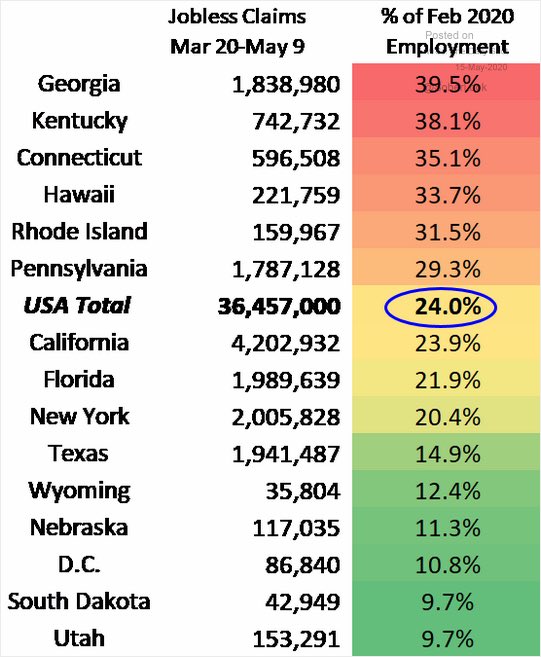

Or 88? Your guess is as good as theirs.
• Coronavirus Could Deliver $8.8 Trillion Hit To Global Economy – ADB (Ind.)
Coronavirus could cut global economic output by as much as $8.8 trillion, with the outlook having worsened significantly in the past month, the Asian Development Bank has said. The bank warned on Friday that Covid-19 would result in $5.8 trillion to $8.8 trillion of lost gross domestic product – or 6.4 per cent to 9.7 per cent of the world’s output. That’s more than twice as bad as the ADB forecast in April. However, government measures to mitigate the economic impact could reduce that figure by as much as 40 per cent, ADB’s chief economist Yasuyuki Sawada said. As some countries, including the UK, lay out plans to ease lockdowns and get more people back to work, Mr Sawada cautioned that containing the pandemic is key to reducing the economic cost.
Testing, tracing, isolation, effective social distancing, and securing protective and medical equipment are all “essential elements” of containing Covid-19, he said. He also pointed to the importance of government support for struggling families and businesses to lessen the adverse effects of the pandemic and to avoid long-term consequences for growth and development. “Rapid and effective containment will allow for a faster recovery,” he said. [..] His words came as the UK government faced criticism from scientists over its easing of lockdown restrictions this week. The Independent Scientific Advisory Group for Emergencies (Sage) warned on Tuesday that the UK faces “inevitable” future lockdowns if the government implements its “potentially dangerous” coronavirus strategy.
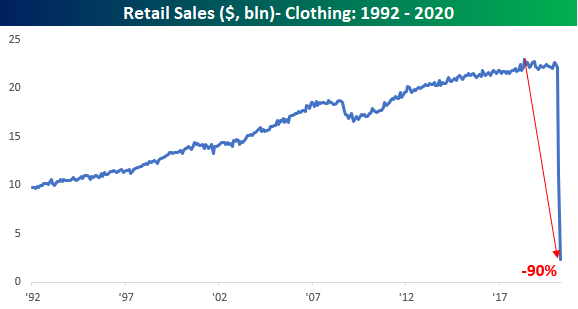

People who still see it as such will be badly surprised.
• Obamagate Is Not a Conspiracy Theory (NR)
Those sharing #Obamagate hashtags on Twitter would do best to avoid the hysterics we saw from Russian-collusion believers, but they have no reason to ignore the mounting evidence that suggests the Obama administration engaged in serious corruption. Democrats and their allies, who like to pretend that President Obama’s only scandalous act was wearing a tan suit, are going spend the next few months gaslighting the public by focusing on the most feverish accusations against Obama. But the fact is that we already have more compelling evidence that the Obama administration engaged in misconduct than we ever did for opening the Russian-collusion investigation.
It is not conspiracy-mongering to note that the investigation into Trump was predicated on an opposition-research document filled with fabulism and, most likely, Russian disinformation. We know the DOJ withheld contradictory evidence when it began spying on those in Trump’s orbit. We have proof that many of the relevant FISA-warrant applications — almost every one of them, actually — were based on “fabricated” evidence or riddled with errors. We know that members of the Obama administration, who had no genuine role in counterintelligence operations, repeatedly unmasked Trump’s allies. And we now know that, despite a dearth of evidence, the FBI railroaded Michael Flynn into a guilty plea so it could keep the investigation going.
What’s more, the larger context only makes all of these facts more damning. By 2016, the Obama administration’s intelligence community had normalized domestic spying. Obama’s director of national intelligence, James Clapper, famously lied about snooping on American citizens to Congress. His CIA director, John Brennan, oversaw an agency that felt comfortable spying on the Senate, with at least five of his underlings breaking into congressional computer files. His attorney general, Eric Holder, invoked the Espionage Act to spy on a Fox News journalist, shopping his case to three judges until he found one who let him name the reporter as a co-conspirator. The Obama administration also spied on Associated Press reporters, which the news organization called a “massive and unprecedented intrusion.”
And though it’s been long forgotten, Obama officials were caught monitoring the conversations of members of Congress who opposed the Iran nuclear deal. What makes anyone believe these people wouldn’t create a pretext to spy on the opposition party? If anyone does, they shouldn’t, because on top of everything else, we know that Barack Obama was keenly interested in the Russian-collusion investigation’s progress.
https://twitter.com/i/status/1261378778464309249

We try to run the Automatic Earth on people’s kind donations. Since their revenue has collapsed, ads no longer pay for all you read, and your support is now an integral part of the process.
Thank you.

It's not about "reopening the economy." People aren't protesting for the right to BE waitresses and hairdressers, they're fighting for the right to HAVE them. This is about white people demanding service. pic.twitter.com/KMupBTuAha
— jess mcintosh (@jess_mc) May 15, 2020

absolutely obsessed with this massive wave illusion artwork in korea pic.twitter.com/fir3V85geI
— juan (@juanbuis) May 14, 2020





Support the Automatic Earth in virustime.



